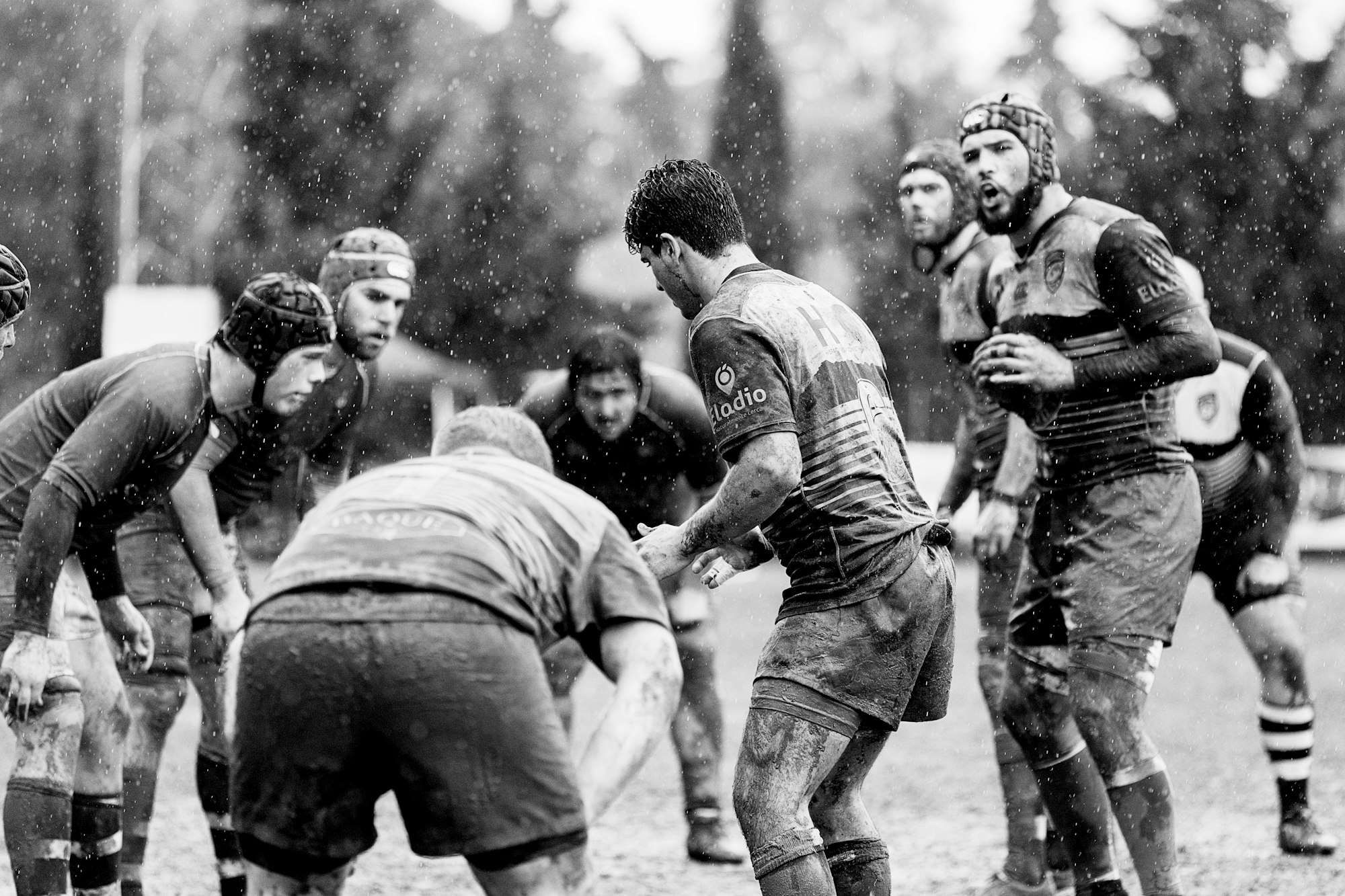Coaching for Trust
Four fundamental lessons I've learned from world-class coaches. These strategies can help you transform your coaching strategies from where you're at, to the levels of performance your seeking.

Working within the high performance industry for as long as I have, I enjoy the benefit of being surrounded by amazing coaches and practitioners, from all walks of life, who've amassed collectively hundreds of years of coaching wisdom. Many of which, have won both personal athletic accolades and have coached championship winning teams. Almost the majority of them have successfully positioned their athletes in many different professional organizations.
It is amazing to sit and talk with these individuals and listen to their stories. Over the years, I've listened (and in many cases paused conversations to grab my moleskin journal to take notes). Having reviewed pages after pages of my notes, I've distilled four main commonalities between these conversations.
1. The Art of Feedback
Leadership & Coaching is a LONG Process
I wrote in another article, Radical Coaching, you can not shortcut trust nor microwave relationships. These relationships, whether they are working, parent-child, coach-athlete, etc. - all take time to establish, develop, and grow.
Understanding Communication Styles
A colleague of mine and I were conversating the other day about something we notice between the best and the rest. It's imperative to know how 'to read a room', person, or situation. I believe the word we used during our conversation was "socio-emotional feel".
It's alarming to me, more people don't work to develop these soft-skills. My friend, Brett Bartholomew has a number of resources that teaches this fundamental skill at his website The Art of Coaching that can help fill on those missing gaps.
Negative Feedback Communicated Effectively
Communication and feedback doesn't need to be littered with overly-done positive praises and false compliments. For starters, people can read through this. In addition, most of the athletes I know (and work with) already know what qualities they are superb at, what strengths they possess, but lack some awareness with what blind spots they need to develop.

We must use our platform to bridge the gap to athlete-self-actualization and allow for them to develop and build those weaknesses into strengths. In order to do this, we need to be honest with our feedback and communication. To give this honest assessment, we must understand the social-emotional feel of the athlete, considering their readiness to receive said feedback, and deliver the message in the most effective way that allows the recipient of said feedback to best absorb the information and act upon it. More of that in the next item.
Radical (Constructive) Coaching with Actionable Steps
Don't come to the table with a problem. Come to the table with both the problem and your recommended solution.
What are the next steps? What is the plan? We all know too many people that love to pick holes in things, argue and tear down ideas (see Twitter) but fail to provide any comparable solutions to their findings. The best managers, coaches, and people I know both identify a shortcoming or oncoming problem and provide a strategy to rectify it.
2. Extreme Accountability
Harry S. Truman, once kept a sign on his desk in the Oval Office saying "The buck stops here". That iconic phrase refers to the notion that the President (executive, coach, or other) has to (A) make the decisions and (B) accept the responsibility for those decisions; good or bad.
No Victim Mentality
It's quite a common flaw to think that it's everyone else's fault during a problem. It's the factory line, or our supply chain management, or the shipping department, etc. The examples provided by management can go on-and-on. The reality is that, it doesn't matter.

What incredibly great coaches do is take OWNERSHIP of the error, short-coming, mishap, or fault - and begin to immediately correct it. Being the victim to a problem is a terrible way to navigate life - it's a soft approach that leads to reacting to problems and challenges versus proactively trying to identify them early - and provide contingency planning in advance to circumvent them.
3. Micromanagement Woes
Having worked with A LOT of junior coaches over my coaching tenure, I've witnesses one characteristic that separates high-performers from those who never achieve their potential. Fear of a mistake should NEVER lead to a failure to take action. Time after time, underperformance in an area is a result of a false fear of making a mistake and having to suffer the management repercussions from that failure. As executives and coaches, how do manage this fear in those people we work with?
Allow others to make mistakes.
Nobody wants a company to make a mistake. We never want missed timelines, a failure to detail, or a missed deal. Those all have REAL-WORLD consequences. The reality, however, is that each of those things can be recouped within time. Allowing people to make "safe mistakes" where they feel the shame of the mistake, receive an opportunity for coaching, and doubling of the effort in-order to make up for loss time - can drastically accelerate learning and positive movement in that direction.
Autonomy
If you've never been in an environment where you have real world deadlines, results you must deliver, but instructed on the exact methodology and way of doing such - I envy you. For creative types out there, that lack of autonomy and micromanagement can be incredibly stifling. As humans, we're naturally creative, exploring, innovating creatures and following the "paint-by-numbers" methodology to doing any type of complex task can strip the autonomy and motivation from a person.

Provide your coaches and co-workers the room and freedom to have autonomy over the task methodology (within best practices and reason) while simultaneously holding them to the delivery time-line and extreme ownership.
Steve Jobs once said:
It doesn't make sense to hire smart people and tell them what to do; we hire smart people so they can tell us what to do.
A matter of fact, many of the best coaches I know actively recruit, select, and/or hire people levels smarter than themselves. Lee Iacocca once said
"I hire people brighter than me and get out of their way."
4. Self-Critical Honesty
This next recommendation may be one of the most important facets to great high-performance teams. As a organization leader, don't work in a vacuum. Those above, below, and lateral all must be able to come to the table and challenge decisions. Everyone on the performance team must feel confident with their opinion and be able to help hold everyone accountable.
